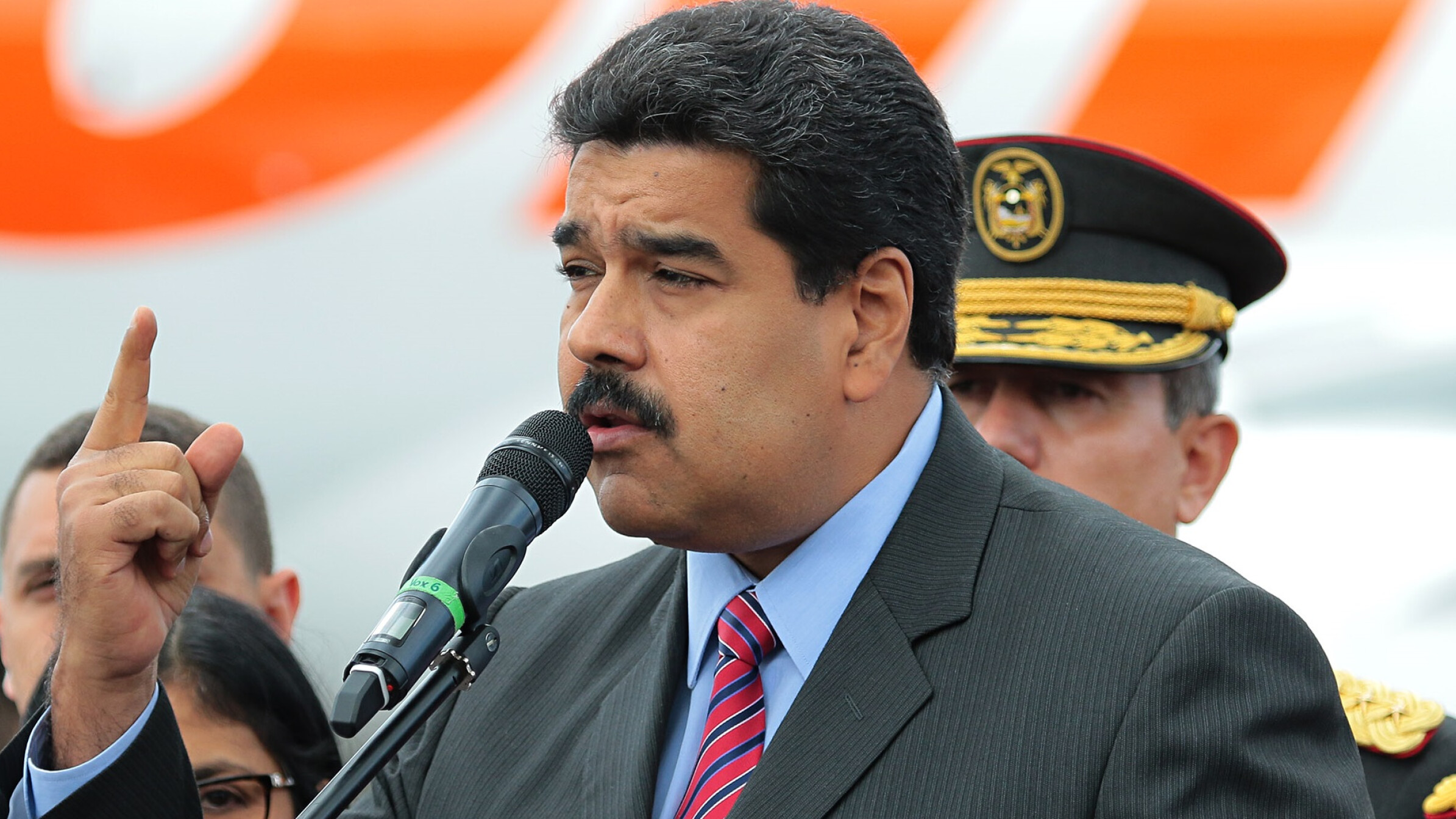Maduro Regime Coming to an End in Venezuela?
Nicolas Maduro defies international backing for alternative president Juan Guaidó, as his regime stubbornly limps on to its grisly finale...

Ever since the first major protests in 2014, analysts – not including this magazine – have been predicting the imminent collapse of the Maduro government. The surprise emergence of Guaidó, who bravely claims that Maduro’s rigged 2018 election victory allows the head of the National Assembly (ie himself) to replace the president, sparked another round of regime change predictions. Yet they proved premature.
Support network
Despite all of the justified criticism aimed at Maduro for incompetence, cruelty and corruption his regime clearly has more staying power than most give it credit for. Outside experts analyse how key figures are being bought off. For example, the military are given state enterprises to manage and generals allowed to run black markets while shadowy figures use state apparatus to run massive narco operations. That’s all true. Indeed, instead of Maduro buying loyalty, it seems more likely that an inner circle, led by the Vice Head of Venezuela’s Socialist Party Diosdado Cabello, are running the country while Maduro is the useful idiot.
"many of Maduro’s largest critics left the country among the three million Venezuelans that emigrated to escape the crisis…"
Yet external observers underplay the support among Venezuelan people. Incredibly as it seems, a sizeable minority still support the heir to Chavez. Many more are simply too focused on survival to fight the regime. Maduro’s broken system requires people to spend inordinate amounts of their day battling to find food and essentials, which undermines political activism. Indeed, many of Maduro’s largest critics left the country among the three million Venezuelans that emigrated to escape the crisis.
Of course, the majority of Venezuelans want a change of rule. And rightly so. Venezuela is suffering a government-inflicted humanitarian disaster. But although discontent must be rising in the poorly paid lower ranks of the police and military, whose families will also be suffering from the lack of food and medicine, the regime’s fragmentation of Venezuela’s security forces has helped prevent any major coup attempt.
International pressure
In the absence of internal force, Guaidó must rely on international support. He has received backing from more than 50 countries, including most of Latin America, the US and EU member states. So far, countries in Latin America and the EU have given Guaidó a series of soundbites, photo opps, concerts and aid deliveries. None of which particularly threatens Maduro. The Latin American states – rightly - don’t want to use military force to change the regime, which has left Maduro feeling emboldened enough to start arresting key members of Guaidó’s team. He also has his own international support – in particular Russia and China, who have both lent tens of billions of dollars to the petrostate.
But for all its cruel calculations, the end is nearing for Maduro’s regime. The recent US decision to cut Venezuelan oil imports will steadily starve the government of the revenue it needs to pay its key supports. Some of the spare oil is being sold to India but that trade route will be closed eventually. Without those export earnings, Maduro would need Russia or China to guarantee oil purchases. Yet it seems far more likely that these pragmatic states will cut a deal with the incoming government, which has already promised to honour existing debt obligations. It’s somewhat ironic that for all the ideological rhetoric of Maduro’s predecessor, Hugo Chávez, it will be market forces that finally finish the Bolivarian Revolution.